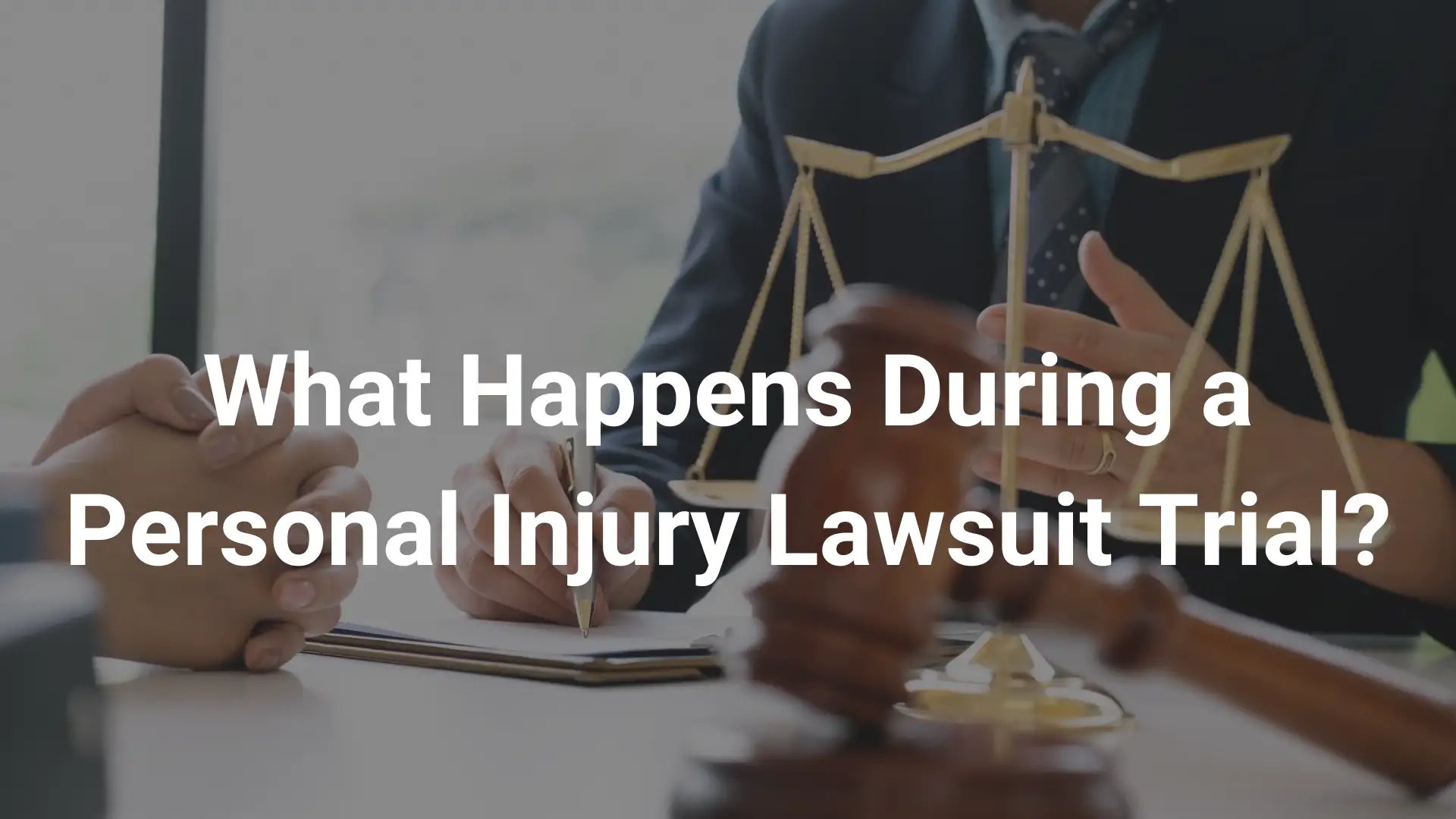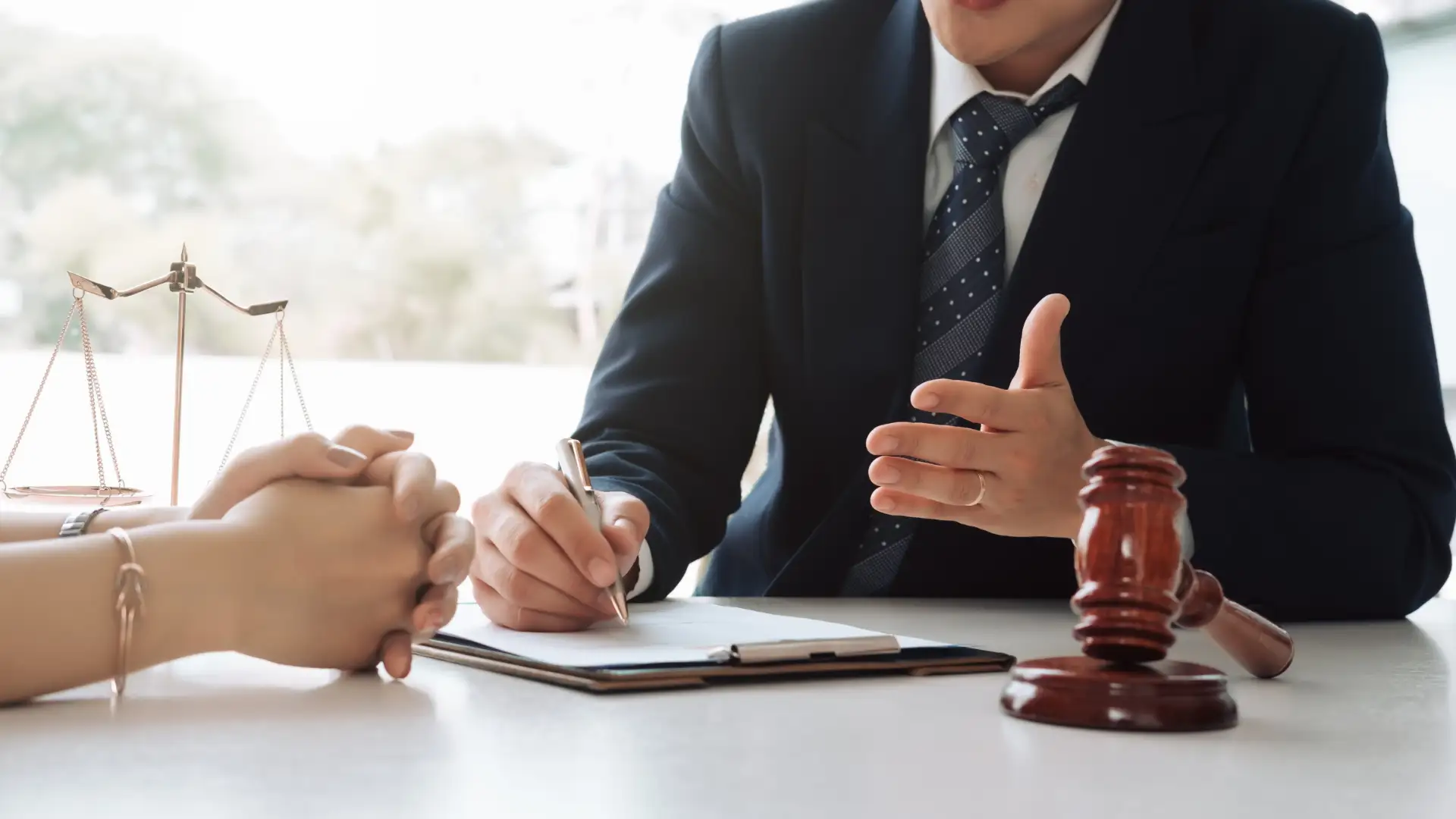
When Does a Personal Injury Case Go to Trial?
Most personal injury claims are resolved through settlements. Still, some cases proceed to trial when insurers offer unfair compensation or deny responsibility. A trial may also be necessary if serious disputes about your injuries, medical records, or lost wages exist. Common reasons to go to trial include failed settlement negotiations, unwillingness to compromise, or contested liability and damages.
If your case reaches this stage, your attorney will walk you through every step of the process. This includes organizing documentation, selecting and preparing witnesses, and helping you get ready to testify. While going to court can feel overwhelming, your legal team will work to present a strong case.
Is Trial the Right Move for Every Case?
Not always. There is a risk involved in putting your case in the hands of strangers, especially because the outcome could go either way. However, a trial can be the most effective way to fight for fair compensation when negotiations hit a wall.
Overview of the Personal Injury Trial Process
Although many personal injury claims settle before reaching court, some cases require a trial when liability is disputed or settlement offers fall short. A trial allows both sides to present their arguments, introduce evidence, and question witnesses before a judge or jury. Your attorney’s job clearly shows how the other party caused your injuries and why you should be compensated. The defense will work to counter those claims.
While trials can be stressful, they offer a formal opportunity to pursue accountability and a fair outcome.
How Long Does a Personal Injury Trial Take?
The trial timeline for an accident case can vary widely. Still, most personal injury trials last from several days to a few weeks. How long yours takes depends on multiple factors, including:
- Number of witnesses called to testify
- The complexity and extent of the injuries involved
- Disputes over medical records or accident evidence
- Whether the case is heard by a judge or a jury
Although the trial itself may be relatively short, depending on court availability and case development, it can take months or even years to reach that point.
What Happens Before the Trial?
Before trial, both sides go through discovery—gathering documents, interviewing witnesses, and preparing their arguments. You may participate in a deposition, where the defense personal injury attorney asks you questions under oath. During this time, your lawyer also focuses on:
- Filing any motions or other required documentation
- Reviewing medical records and billing details
- Coordinating with expert witnesses
- Creating exhibits to present evidence in court
Your lawyer might also file pre-trial motions, such as asking the judge to disqualify specific evidence or eliminate weak defenses, to help build a stronger case.
What to Expect During the Trial
Once the trial begins, the case proceeds in a specific order. Here is what usually happens:
Jury Selection
If your case involves a jury, your attorney and the defense work together to select fair, impartial, and unbiased jurors.
Opening Statements
In their opening statements, each lawyer summarizes their case, explaining the main points they plan to prove using witness testimony, evidence, and their overall argument.
Presentation of Evidence
At this stage, your lawyer presents medical records, photos, and other evidence that supports your claim. They might bring in expert witnesses, like doctors or accident specialists, and people who saw what happened. The strength of the evidence can affect how your case turns out.
Cross-Examination
After your lawyer questions a witness, the defense can cross-examine. Their questions may challenge the witness’s credibility or try to show that the testimony could be interpreted differently.
Defense Presentation
The defense presents its case, often using common defenses in personal injury to dispute your version of events or claim that your injuries are not as severe or directly related to the accident as alleged. They may call witnesses and present evidence.
Closing Arguments
Each side delivers closing arguments, highlighting the most critical evidence and testimony that support its version of events and strengthen its position.
Verdict
In a jury trial injury lawsuit, the jury deliberates privately and reaches a decision. They determine whether the defendant is liable and, if so, how much compensation you are owed. In a bench trial, the judge decides both issues.
Every step builds toward the final decision, where the evidence, arguments, and strategy all come together to determine the outcome of your case.
Please read more about personal injury compensation here: How Personal Injury Compensation Is Calculated in California
What Compensation Will the Court Award?

- Medical expenses (past and future)
- Lost wages and reduced earning capacity
- Pain and suffering
- Emotional distress
- Property damage
The amount depends heavily on the credibility of your evidence and witnesses. That is why preparation is key.
Get Legal Support You Can Trust
If your case might head to court, do not go it alone. An experienced attorney can walk you through the trial process, explain each step, and fight to protect your rights and prove your case to a judge or jury.
The team at DJA Injury Attorneys has handled thousands of complex cases, including trials involving serious injuries and wrongful death. We do not back down when things get tough; we will be by your side from day one to the final verdict.
Our team is here to help you manage case. Ready to discuss your options? Contact us through our contact form or call (949) 229-7228 to discuss your case with a California personal injury lawyer.
Related Post
What to Do After an Injury: Protecting Your Rights & Maximizing Compensation
Personal Injury Cases: Do You Have a Claim?
What Evidence Do I Need for a Slip and Fall Claim?
